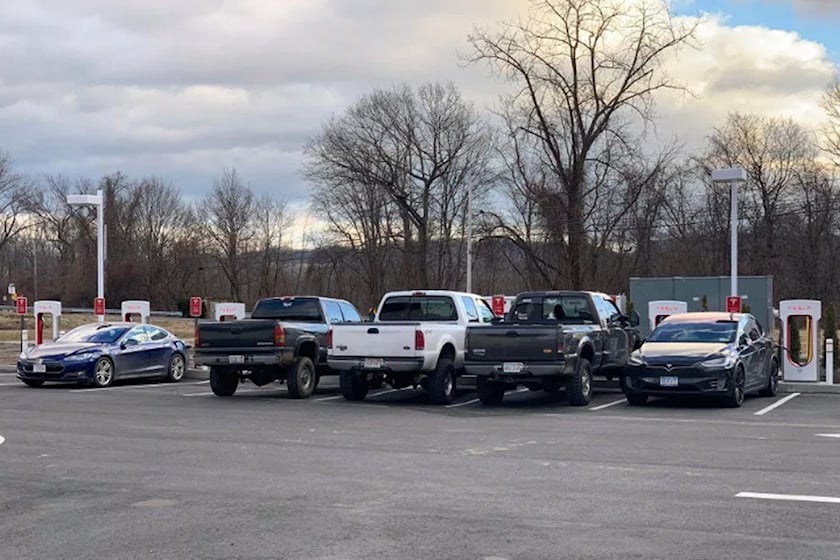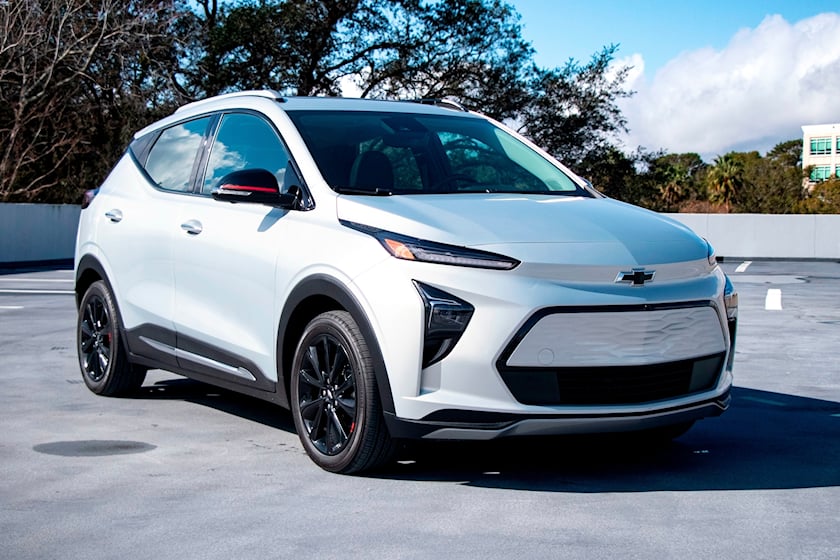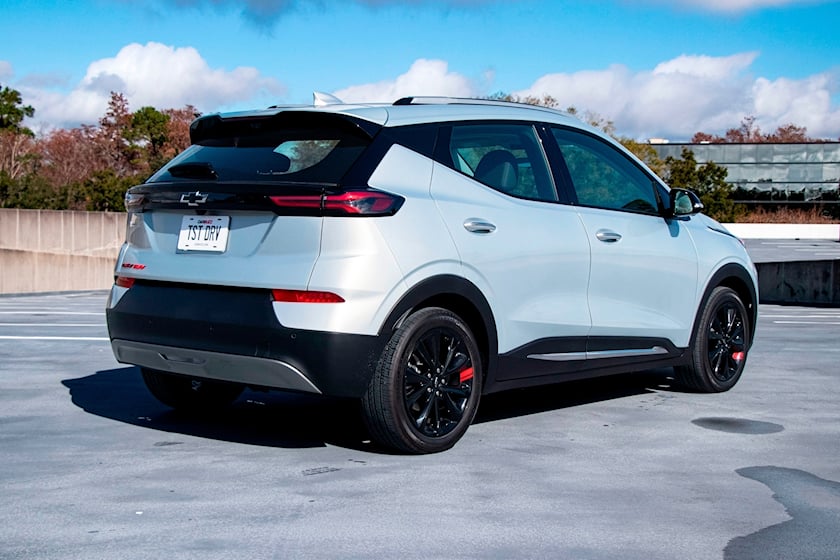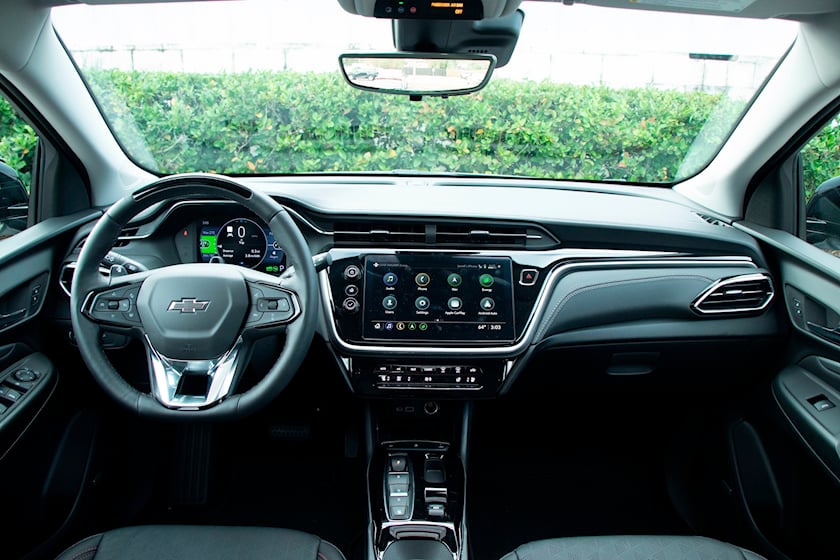Car Owners: $100 Fine for Combustion-Engined Cars?
A majority of North Carolina’s House Transportation Committee has consented to a proposed law that would bring about a $100 charge on internal combustion engine vehicle owners for parking in places designated for electric car charging, as per The Charlotte Observer. Assuming that it is approved, the bill will be legally binding.
The phenomenon of ICE-ing has been taking place in many nations around the world for the recent past. In some cases, Tesla owners responded by physically obstructing gas pumps. Nevertheless, now certain governments at a state level have stepped forward to do something about it – targeting those with petrol or diesel cars.
This is now the second occasion that North Carolina House has voted a comparable bill. The initial time was in 2021, but it ultimately fizzled out in the Senate. Apart from the fine, the proposed legislation would restrict the access to charging station spots meant for electric automobiles solely if they are linked with the charger.



“The purpose of this bill is to ensure that electric vehicle (EV) charging spots are not being taken up by vehicles with combustion engines,” stated Rep. Harry Warren, a Republican. The law would apply to charging stations owned by local governments and public agencies, as well as those on private property that have a sign indicating they are for EV charging only. Warren went on to explain that “the intent of the bill is to keep combustion engines out of those EV charging spots.”
Other House members did express some worry that there’s really no way to verify that an owner of, for example, a Chevy Bolt EV, is actually utilizing the charging station or if they are just taking advantage of the area for ease. “So could someone park their vehicle, plug it in and leave it there forever?” asked GOP Rep Jay Adams. In actuality, the possibility of that happening is minuscule.


Several Congressional representatives who object to the bill suggest that as there is no legislation disallowing fuel-powered automobiles from occupying parking spaces at petrol stations and not fuelling, why should electricity-run cars receive preferential status? A handful argue that rules controlling EV charging facilities should be left in the hands of municipal authorities. Furthermore, a couple of them believed that the monetary penalty of $100 was unnecessarily high and could instead be set at a price of $25.
What was absent from the unsuccessful bill two years ago was a stipulation to the effect that if an electric vehicle charging station doubles as a disabled parking area, all vehicles with a permit for handicapped persons, regardless of type of powertrain, could park lawfully there.
The reality that North Carolina, a traditionally more conservative southern state, is considering for a second time endorsing such a law implies that electric vehicles (EVs) are gaining prominence now more than ever before. Eventually other state legislatures across the nation will almost certainly have to pass similar legislation.









